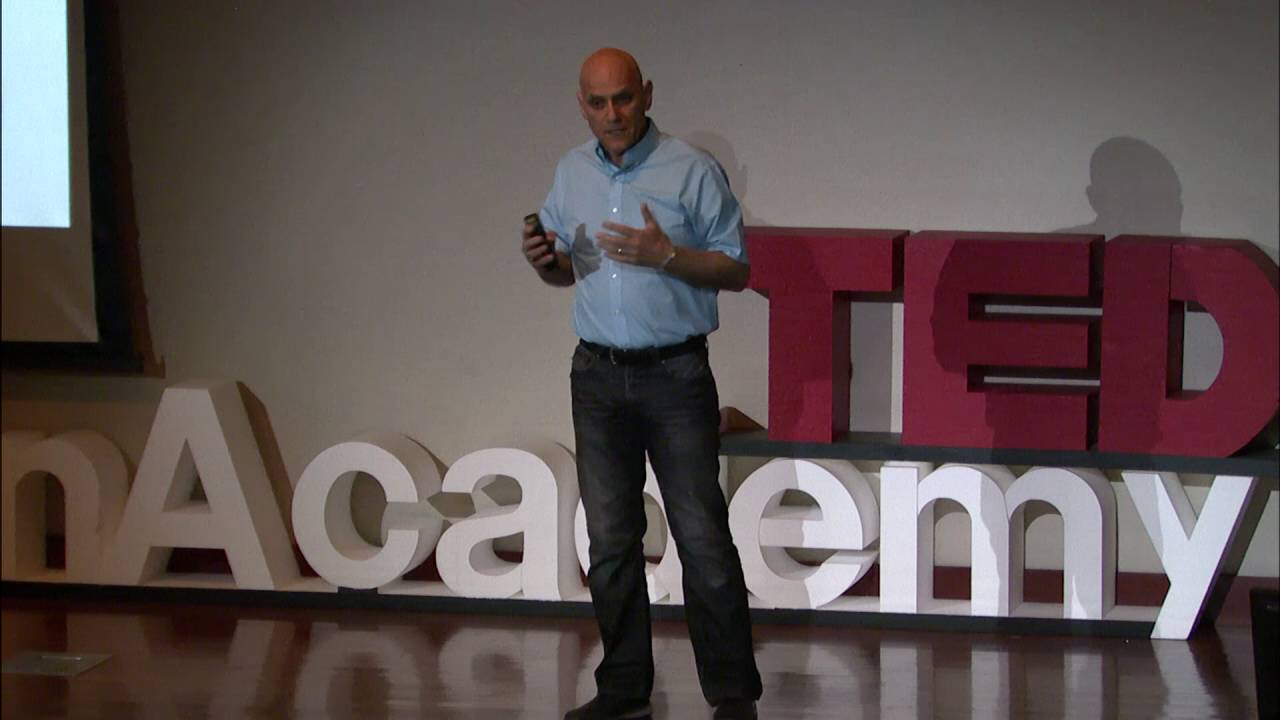

How do you choose what facts matter? How do you choose how to communicate them? Who do you communicate them to? What does news reporting mean to you? What about news reporting makes it worth your precious time alive? What purpose do the people around you have when they amplify, ignore, or quiet your facts? These are all questions that are answered, explicitly or not, by everyone who communicates or relates to facts.
We could play the impossible “no agenda” game. We could lie to ourselves and to others. Or, we could notice that whenever we are dealing with the truth, we have a point of view. We stand here and not there. We can learn to travel around the mountain of truth, so that we mitigate our blindspots. We can be explicit about where in the mountain we are standing (The north base? The vegetated slope? The summit?).
Instead of playing the “god trick”, we can situate our knowledge. That’s the best we can do. Check out this article by Donna Haraway on situated knowledge. It changed my life. https://philpapers.org/archive/harskt.pdf






It sounds like Trump becoming a martyr is a massive problem. Sorry for my ignorance, but would it be a problem to explain how?